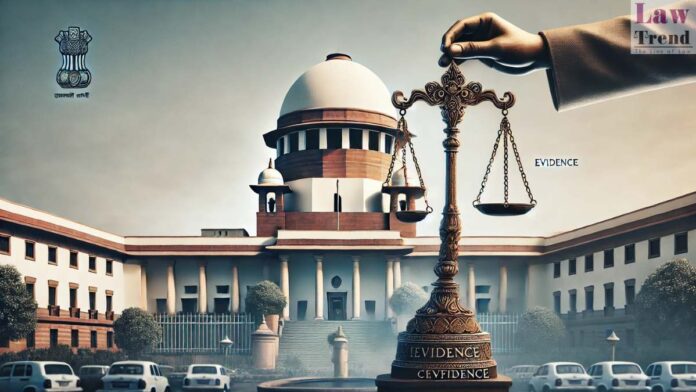The Supreme Court has reiterated that a witness’s testimony cannot be rejected solely because of their familial relationship with the deceased, observing that being “interested” and being “truthful” are distinct legal concepts. The Court dismissed a criminal appeal filed by a murder convict, affirming the findings of both the Trial Court and the Punjab and
To Read More Please Subscribe to VIP Membership for Unlimited Access to All the Articles, Download Available Copies of Judgments/Order, Acess to Central/State Bare Acts, Advertisement Free Content, Access to More than 4000 Legal Drafts( Readymade Editable Formats of Suits, Petitions, Writs, Legal Notices, Divorce Petitions, 138 Notices, Bail Applications etc.) in Hindi and English.




